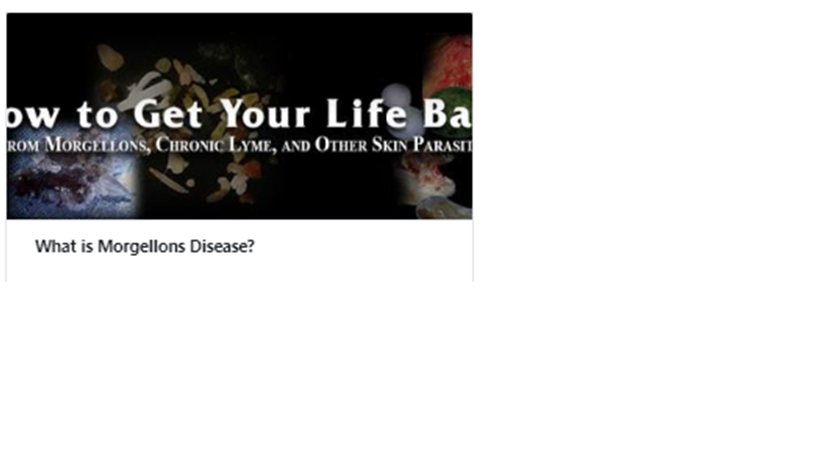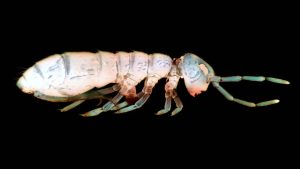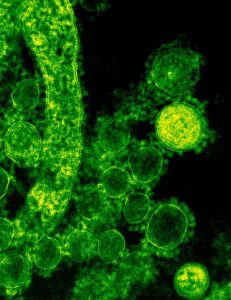
Is Morgellons a Parasite?
Here is an email I received from one of my subscribers sometime ago.
Re: Your questionnaire. I very much disagree with your diagnosis of Morgellons being a parasite. I after 30 years suffering Morgellons believe it is most certainly not. I believe it is a bacterial infection that stems from a tick or perhaps a mosquito bite. Much like Lymes Disease, however not exactly. I’m 60 in a few months and have dealt with it 30 years. I believe it’s a bacteria that hoards the minerals in your body, that then form filaments. They are part of your skin until finally it’s rejected and releases from the skin. I bought your soap to try, although I’m not expecting too much. I’ve tried thousands of things over the last 30 years. I eject from 50 to 100 crystal filaments from my face alone daily, and more from other active spots on my body even more. There are no parasites involved. My body produces crystal filaments, sand filaments, fiber filaments of various colors, and on occasion a tobacco looking filament. I’ve dealt with this half my life and do have some intelligence.
Does she have Morgellons? According to Dr Savely in her book, Morgellons: The Legitimization of a Disease, presence of filaments and fibers growing from skin or lesions is Morgellons, so yes, she has Morgellons according to Dr. Savely.
She mentioned that she bought our Nature’s Gift® soap. I certainly hoped she also knew that unless she made the King Diet work, I don’t claim the soap will make much of a difference or that anything will make much of a difference.
“A parasite is an organism that lives on or within another organism (the host) and depends on it for survival. Parasites can cause harm to their host, but they rarely kill them.
The relationship between the parasite and the host is called parasitism 1 2 3 .
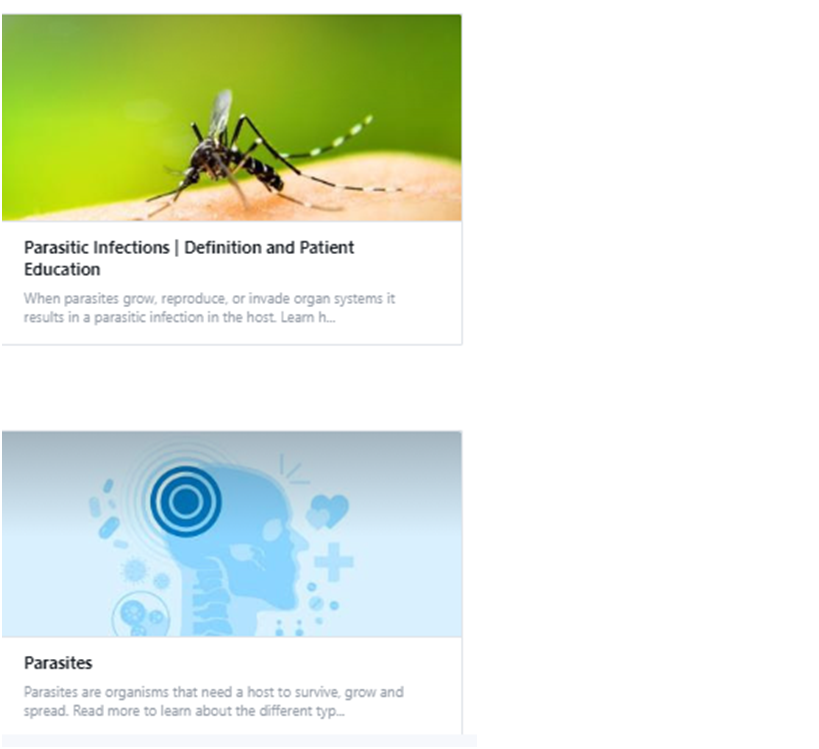
The following factors determine if an organism is a parasite:
- Host dependency: Parasites depend on their host for survival.
- Harmful effects: Parasites can cause harm to their host, such as by feeding on their tissues or blood, or by transmitting diseases.
- Adaptations: Parasites have evolved adaptations that allow them to survive in their host’s environment, such as by developing specialized structures for attachment or by producing toxins that suppress the host’s immune system 3.”
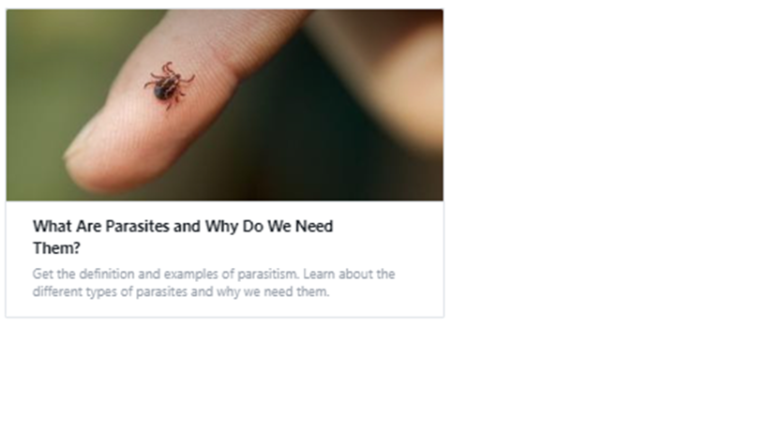
No one knows what Morgellons actually is. She claimed it’s a bacterium, while many who suffer from Morgellons also have Lyme disease it has not been proven to be bacterial. Some believe it’s a fungal organism, and while some have fungal issues, it hasn’t been proven to be fungal either.
For a better understanding of how complications such as Lyme disease, Rose Gardners’ Disease, Candida, Collembola, Strongyloides and about twenty other co-factors complicate Morgellons, read “What is Morgellons Disease Is and Isn’t – And What Role do Role Co-factors Play.,” 1/1/2023
Whatever it is, it has not been observed visually or microscopically. What has been observed is the strange filaments comprised of keratin and collagen that grow from the skin and lesions.
►Does Morgellons depend on the host for survival? Yes, most definitely.
►Are there harmful effects? Yes, most definitely – skin, gums, teeth, and other organs are often affected.
►Has Morgellons adapted to allow it to exist in the human body? Absolutely
From the definition of what a parasite is, Morgellons definitely depends on the host for survival, results in harmful effects, and adapts to exist in the human body. Since the filaments are made of collagen, collagen is an important substance in the human body and is depleted by Morgellons resulting in joint pains and many other health issues. So just because modern science hasn’t been able to test for it, or see it, doesn’t mean it doesn’t exist.
In my opinion, Morgellons meets the criteria of being a parasite. What does this mean? Pretty much nothing.
In fact, we don’t really care what causes Morgellons or where it comes from:
► Disease war-fare
► Chem trails
► Ticks
► Fungus
► Helmiths
It just doesn’t matter because when we make the King Diet work, the symptoms of itching, biting, lesions, and growth of filaments subside and with effective disinfection, cleaning our skin, and supplements to build health and immune functioning, we get our lives back.
So, all the theories of what it is or what causes it are mute. Just make the diet work and symptoms disappear.
